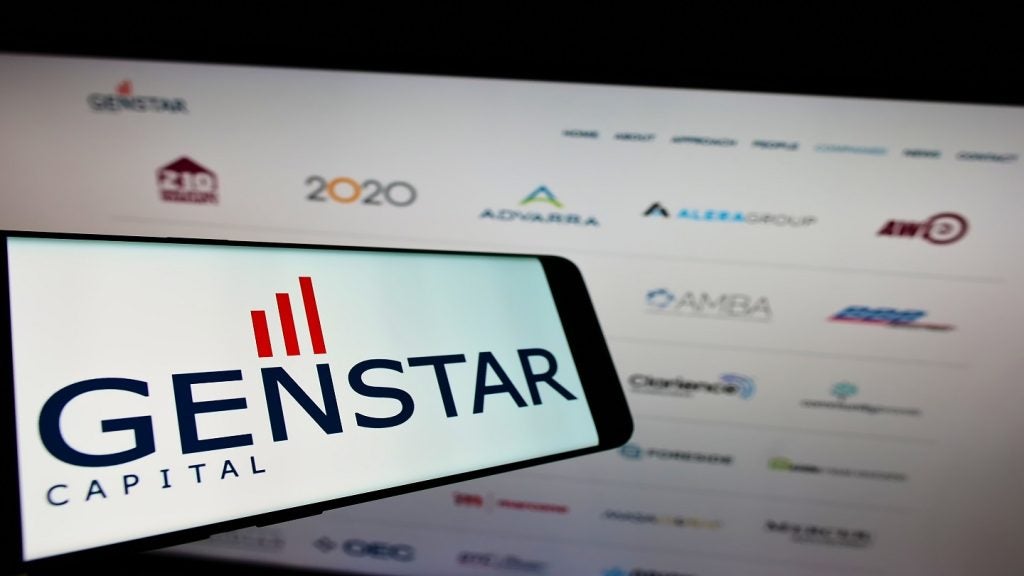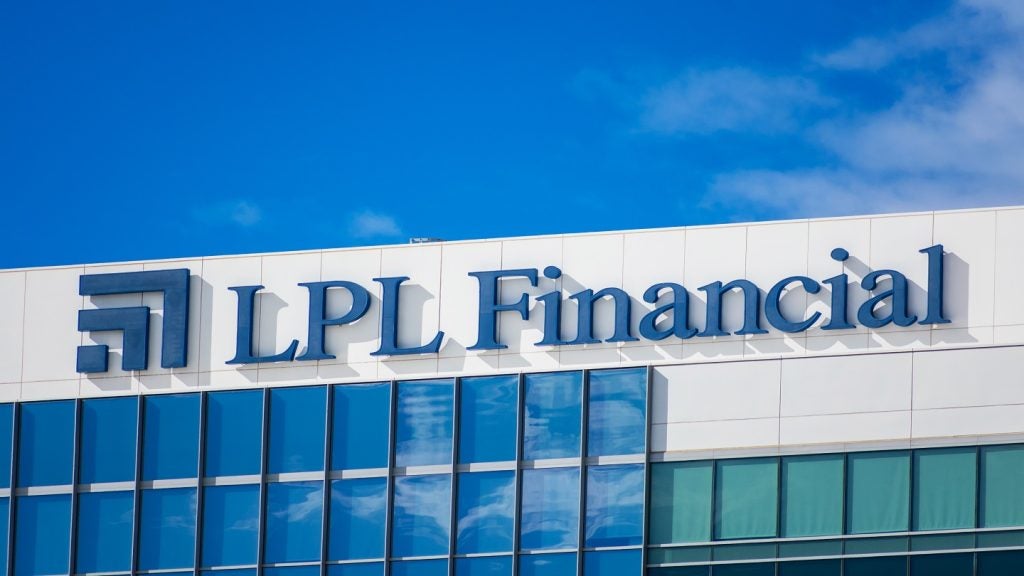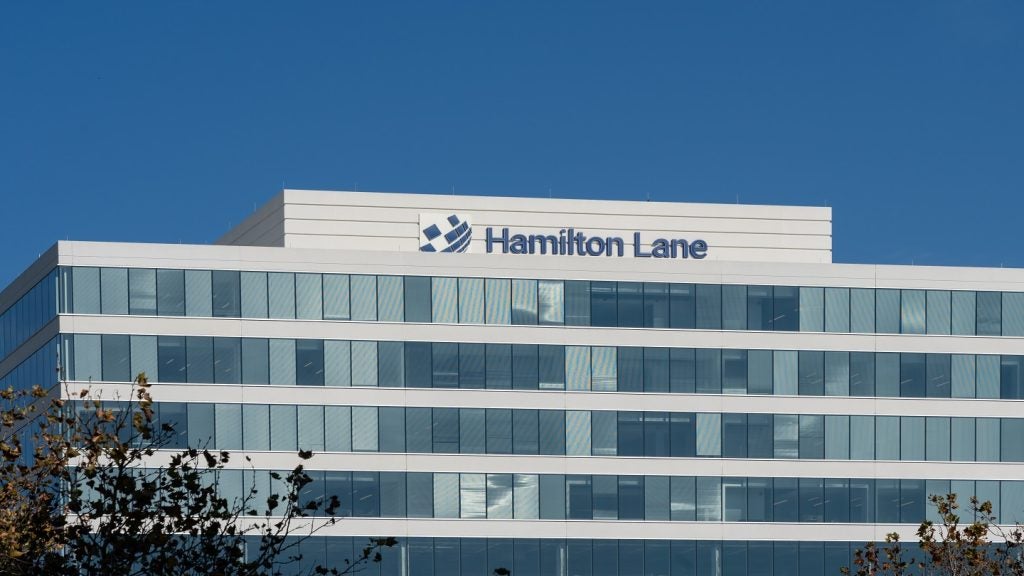When asked how the average HNW portfolio will look in 12 months, most advisers expect little change. In order to engage clients in their allocation strategies and boost retention rates, advisers will need to take a proactive approach, according to GlobalData Financial Services.
In 2017 positive stock market performance skewed HNW portfolios towards equity investments.
Given the recent market volatility, coupled with growing political uncertainty worldwide, investors are now unsure on which asset class to choose to rebalance their portfolios, and so hold on tightly to their current portfolio structure.
According to GlobalData’s 2017 Global Wealth Managers Survey the only exception to this is alternative investments, with most respondents forecasting a slight increase over the coming year.
This means investors are looking for new ways to diversify their portfolios during market uncertainty, and advisers must be proactive in providing guidance.
In fact, our data also shows that volatile market conditions have a negative effect on retention rates, as in this context investors’ fear of losing wealth prompts them to switch adviser.
Switching advisers
As Turkish and Chinese investors are more inclined to switch adviser than their global counterparts, competitors will find it hard to build client bases in these markets.
In fact, competition among Chinese private banks is fierce, and wealth managers in the country are struggling to build loyalty.
Advisers need to provide well-designed education programmes to their clients in order to guide them through market uncertainty and avoid them taking uninformed decisions driven by fear.
Companies that are unable to bridge this knowledge gap will risk losing clients to competitors that can.
.








